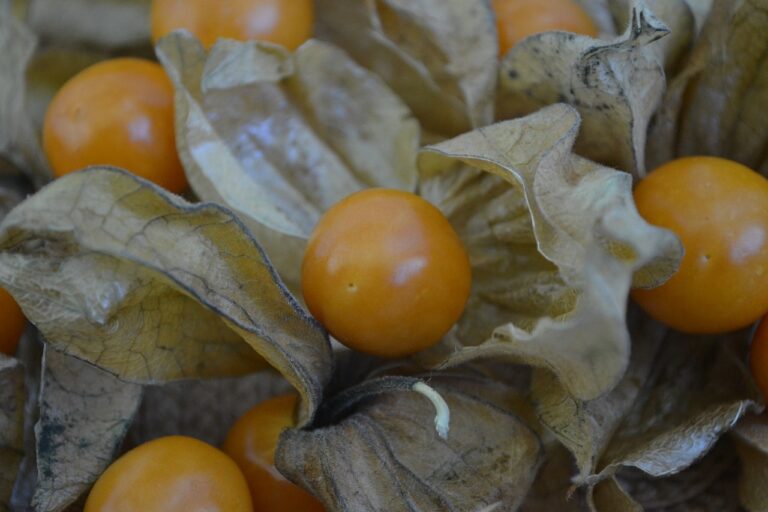The Role of Nut and Seed Processing in Promoting Soil Health Regeneration: Allexchbet. Com, 99 exchange, Allpanel
allexchbet. com, 99 exchange, allpanel: The Role of Nut and Seed Processing in Promoting Soil Health Regeneration
When we think about promoting soil health regeneration, our minds often jump to practices like crop rotation, cover cropping, and minimal tillage. But what about the role that nut and seed processing plays in this crucial process? Believe it or not, the way we handle nuts and seeds can have a significant impact on the health of our soil.
In this article, we’ll explore how nut and seed processing can play a vital role in promoting soil health regeneration. From the benefits of incorporating these practices into our agricultural systems to the ways in which they can help us build more resilient soils, we’ll cover it all. So, let’s dive in and discover the secrets behind this often-overlooked aspect of sustainable agriculture.
The Importance of Nut and Seed Processing
Nut and seed processing refers to the various techniques used to harvest, clean, and prepare nuts and seeds for consumption. While these processes are primarily focused on producing food products, they can also have a positive impact on soil health. Here’s how:
1. Reduced Waste: Nuts and seeds are often harvested with their shells or husks intact. By processing them to remove these outer layers, we can create valuable byproducts that can be used to enrich our soil. For example, nut shells can be ground up and used as mulch or added directly to compost piles to improve soil fertility.
2. Increased Nutrient Availability: Processing nuts and seeds can make the nutrients they contain more accessible to plants. For example, soaking or sprouting seeds before planting can help break down antinutrients and improve their nutrient bioavailability. This can lead to healthier, more productive crops and ultimately, more fertile soil.
3. Improved Soil Structure: Incorporating nut and seed byproducts into our soil can also help improve its physical properties. Nut shells, for example, can help improve soil structure by increasing aeration and water infiltration. This, in turn, can promote the growth of beneficial soil organisms and enhance overall soil health.
4. Enhanced Biodiversity: Nut and seed processing can also help promote biodiversity in our agricultural systems. By using byproducts like nut shells as mulch or compost, we can create a more diverse and resilient soil ecosystem. This can help reduce the reliance on synthetic inputs and promote a more sustainable approach to farming.
The Benefits of Nut and Seed Processing for Soil Health Regeneration
Now that we’ve established the importance of nut and seed processing for soil health, let’s take a closer look at the specific benefits these practices can offer:
1. Improved Soil Fertility: Nut and seed processing can help enrich our soil with valuable nutrients and organic matter. By incorporating byproducts like nut shells and husks into our soil, we can increase its fertility and promote the growth of healthy, productive crops.
2. Enhanced Soil Biology: Nut and seed processing can also help promote the growth of beneficial soil organisms. By providing a diverse array of organic materials for these organisms to feed on, we can create a more balanced and resilient soil ecosystem. This, in turn, can help improve soil structure, nutrient cycling, and overall soil health.
3. Reduced Environmental Impact: By utilizing nut and seed processing byproducts in our agricultural systems, we can reduce the need for external inputs like synthetic fertilizers and pesticides. This can help lower our environmental footprint and promote a more sustainable approach to farming.
4. Increased Crop Resilience: Nut and seed processing can help improve the resilience of our crops to environmental stresses. By enhancing soil fertility, structure, and biology, we can create a more supportive growing environment for our plants. This can help them withstand challenges like pests, diseases, and extreme weather events.
Incorporating Nut and Seed Processing into Your Farming Practices
Now that we’ve covered the benefits of nut and seed processing for soil health regeneration, you may be wondering how you can incorporate these practices into your own farming operations. Here are a few simple steps you can take to start reaping the rewards of nut and seed processing:
1. Collect Nut and Seed Byproducts: Start by collecting nut shells, husks, and other byproducts from your nut and seed processing activities. These materials can be valuable additions to your soil and can help improve its fertility and structure.
2. Add Byproducts to Compost Piles: Consider adding nut and seed byproducts to your compost piles to help enrich your soil with organic matter. Nut shells, in particular, can be a great addition to compost as they break down slowly and release nutrients over time.
3. Use Byproducts as Mulch: Nut shells and husks can also be used as mulch to help conserve moisture, suppress weeds, and improve soil health. Spread a layer of nut shells around your plants to provide these benefits and enhance the overall health of your soil.
4. Experiment with Nut and Seed Treatments: Try experimenting with different nut and seed processing techniques to see how they can benefit your crops. Soaking, sprouting, and fermenting seeds before planting can help improve their nutrient availability and enhance their growth potential.
By incorporating these simple practices into your farming operations, you can harness the power of nut and seed processing to promote soil health regeneration on your land. Whether you’re a small-scale farmer or a large-scale producer, these techniques can help you build more resilient soils and create a more sustainable farming system.
FAQs
Q: Can nut and seed processing practices benefit all types of soil?
A: Nut and seed processing practices can benefit a wide range of soil types, from sandy to clayey soils. By improving soil fertility, structure, and biology, these practices can help enhance the health of virtually any soil type.
Q: How long does it take to see the benefits of nut and seed processing on soil health?
A: The benefits of nut and seed processing on soil health can be seen relatively quickly, typically within a growing season or two. By incorporating these practices into your farming operations consistently, you can continue to build on these benefits over time.
Q: Are there any specific nuts or seeds that are particularly beneficial for soil health regeneration?
A: While all nuts and seeds can offer benefits for soil health regeneration, some may be especially valuable. Nut shells, for example, are a great source of organic matter and can help improve soil structure. Experimenting with different types of nuts and seeds can help you identify the best options for your specific soil and crops.
In conclusion, nut and seed processing can play a vital role in promoting soil health regeneration. By incorporating these practices into our agricultural systems, we can improve soil fertility, structure, and biology, and create a more sustainable farming system. So, whether you’re a seasoned farmer or just starting out, consider the role that nut and seed processing can play in building healthier soils and growing more resilient crops.







